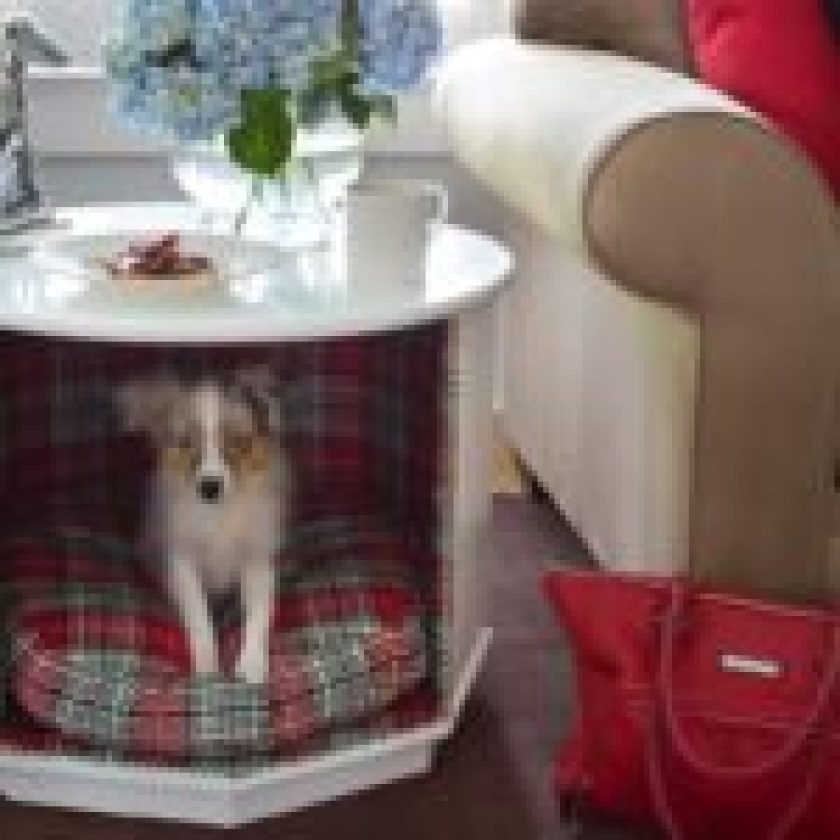Not all filters are the same. Therefore selecting the right filter is dependent on what you need. It would be best if you also thought about things like the following:
Type
There are several types of air filters available in the market. Check the details below for more information
size
Filters also come in various sizes, from the small 14x14x1 air filter to the more oversized 20x25x5 air filter
cost of the filters
The cost of the filters will also play a big part, and you should not forget to include the installation fee, if there is any, when it comes to the total cost.
7 Types of Air Filters
Let’s look at each filter type and its characteristics to narrow down the varieties that might be a good fit for your home.
HEPA Filters
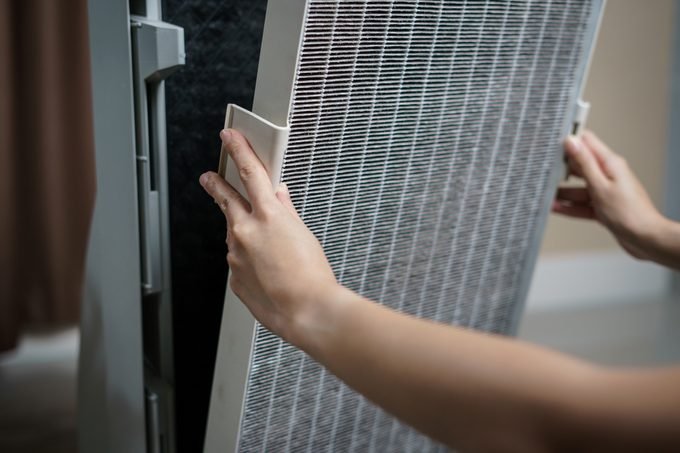
source: thehealthy.com
High-efficiency particulate air (HEPA) filters can remove 99.97% of airborne allergens and pollutants, including mould spores and dust as small as 0.3 microns.
This type of filter has a MERV rating of close to 16. In addition, they can remove even the tiniest microns or airborne particles, such as tobacco and bacteria. So, those who suffer from allergies or other respiratory issues may benefit the most from HEPA filters.
Ultraviolet Filters
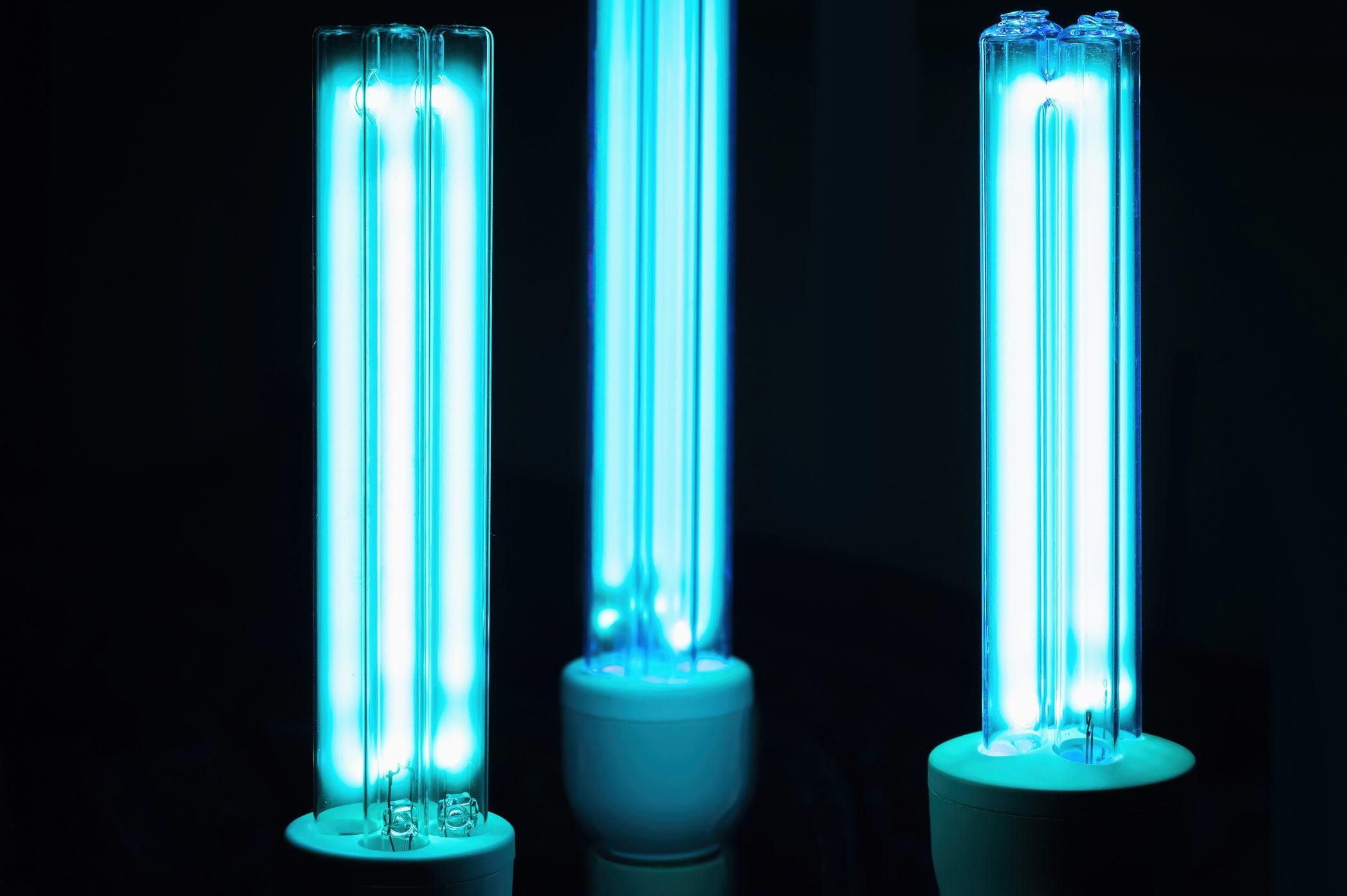
source: thehealthy.com
As the name implies, UV filters use short-wave ultraviolet light to kill bacteria and viruses.
The UV lamps disinfect the air through the HVAC unit with germicidal radiation. The filters effectively kill microorganisms that could harm your health, such as mould spores.
However, one potential risk of UV filters is that they can convert oxygen into ozone, which is harmful to your health.
In addition, they are ineffective at screening for pollutants such as dust. This is why they are frequently used as part of a more extensive filtration system that includes HEPA air filters.
Electrostatic Filters
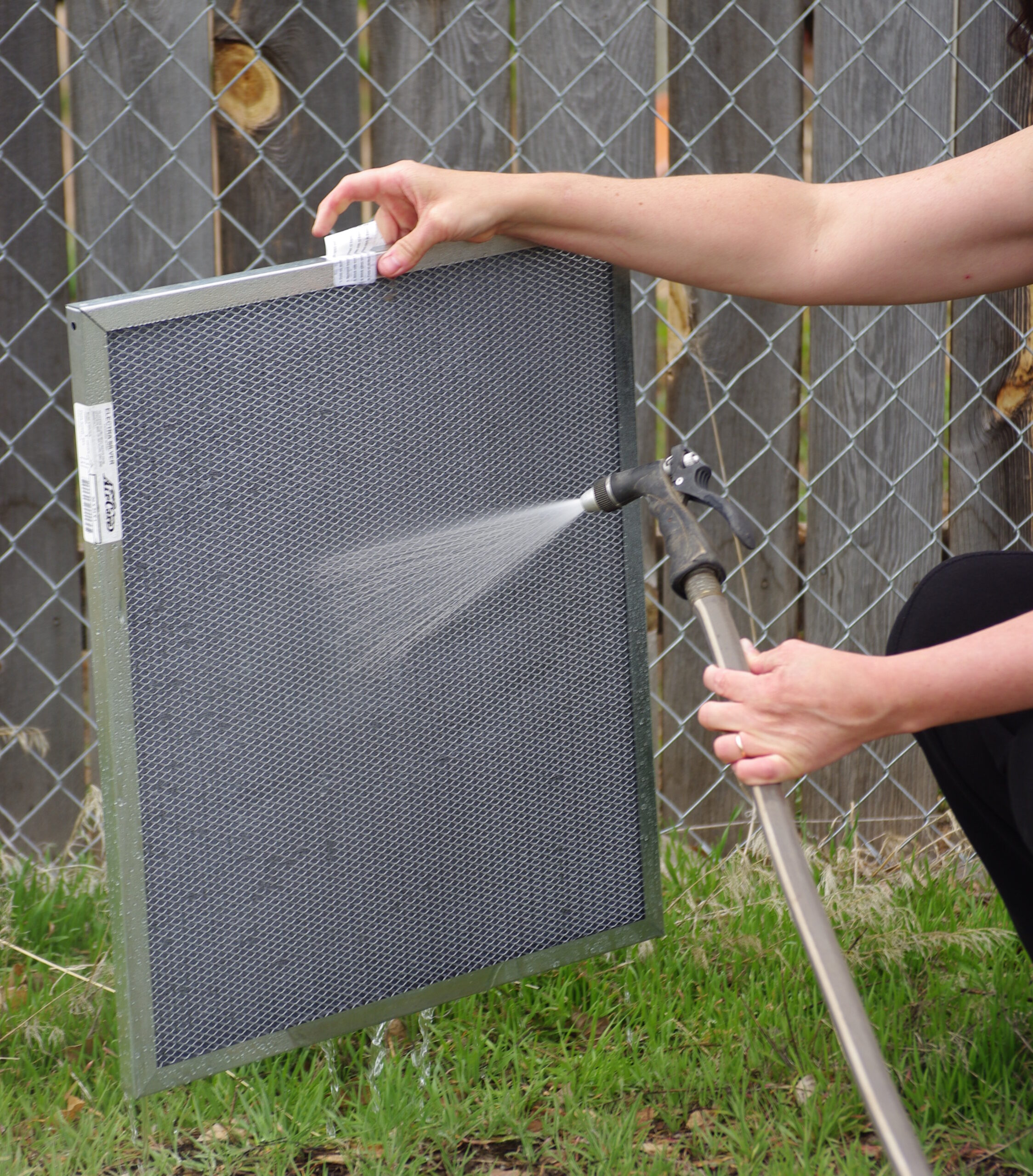
source: pinterest.com
Electrostatic filters generate static electricity using small cotton and paper fibres, which act as a magnet for dust and other airborne particles.
The magnetism is strong enough to keep these particles from spreading throughout your home, making them one of the best choices for those looking for an allergen-fighting filter.
Electrostatic filters have the added benefit of being disposable as well as reusable. So when it comes time to replace the filters, you can wash and reuse them or discard them and purchase new ones.
Removable Filters
Some air filters are reusable and disposable, and these filters are washable. Thus, they are more environmentally friendly to save money.
The initial cost of this air filter type for HVAC systems is high, but it should be viewed as a long-term investment. The initial cost is likely to be all you’ll have to pay because you can wash and reuse the filter instead of buying new ones every few months.
You must maintain washable filters to function correctly. Therefore, ensuring the filter is completely dry before reinstalling it is critical.
Media Filters
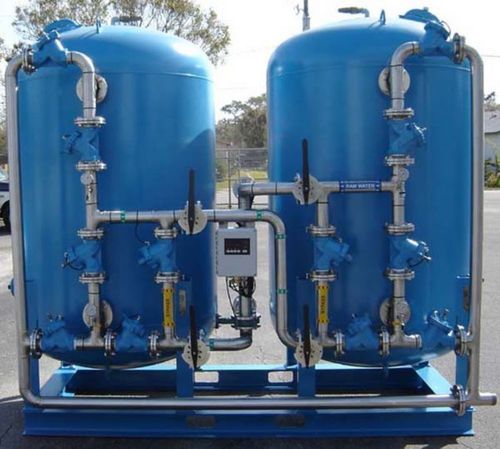
source: pinterest.com
Media filters can offer more benefits than filters with high MERV ratings because they provide the same level of filtration as high-MERV filters but without the drawbacks of airflow or static pressure.
Media filters are also simple to clean and effectively filter bacteria and other tiny airborne pollutants. In addition, they are durable and cost-effective since they only require replacement once or twice a year.
Filters Made Of Spun Glass
The most common types of HVAC filters are made by spinning together fibreglass strands.
It is one of the best AC filters because it is inexpensive, disposable, and protects air conditioners and furnaces from debris.
Spun glass is one of the market’s most effective types of AC filters.
However, a more high-tech option would be preferable if you’re looking for an air purifier. This is because they can’t strain very much and can only trap a small amount of dust and allergens.
As a result, these filters are not recommended for people with respiratory problems.
Pleated Filters
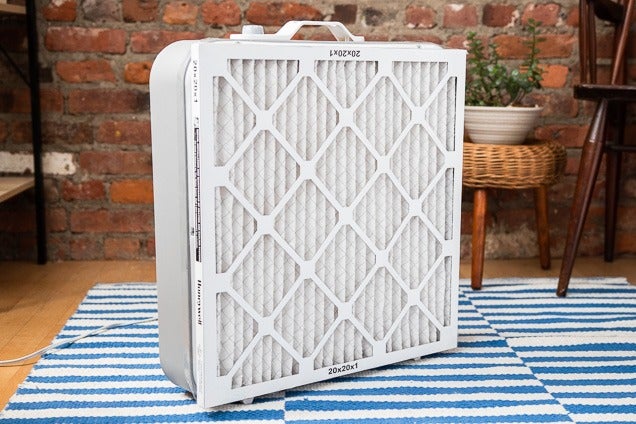
source: thewirecutter.com
Pleated filters include polyester fabrics and cotton folds. Pleated filters have MERV ratings ranging from 5 to 13. Thus, they can effectively filter dust and other airborne pollutants but have poor air filtration and are less resistant to airflow.
These filters have an advantage over non-pleated options because the pleats increase the surface area of the filter, allowing for better filtering.
In addition, filters with more pleats will filter out more allergens and pollutants, such as pet dander and mould spores, than those with fewer creases.
These filters are also available in reusable and disposable forms and can help reduce HVAC fan noise.
The disadvantage of these filters is that they make your HVAC system work harder to pull air through the unit, which may cause your HVAC system to lose efficiency sooner than expected.
However, pleated filters are a reasonably priced option for people concerned about indoor air quality because they slightly improve the air quality of your home.
Final Thoughts
Choosing the best filter for your home can be a daunting task. But you can make things easier by comparing each filter type’s basic pros and cons.
Use the list above to help you gather information and weigh your options.
But, if you want to be on the safe side, consult with an HVAC professional before making any decisions about air filters.


